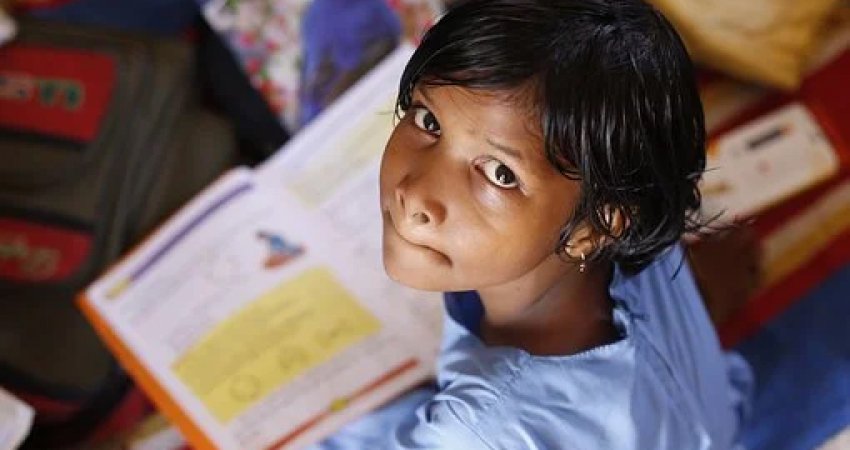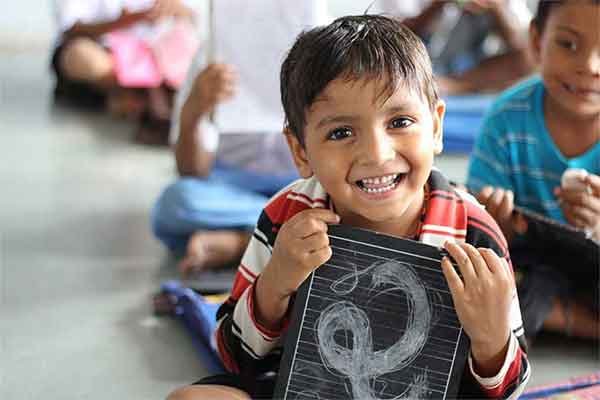Education is often seen as the bedrock of a prosperous society. It touches every aspect of life, helping individuals grow, communities thrive, and societies advance. But beyond that, education is a crucial driver of sustainable development.
By equipping individuals with the knowledge and skills to make informed decisions, education fosters a more just, equitable, and environmentally conscious world. So, let’s dive into how education plays a pivotal role in shaping societal growth and sustainable development.
Education Fosters Economic Growth and Reduces Poverty
At the heart of sustainable development is economic growth, and education is one of the key ingredients that fuels this engine. When individuals receive proper education, they are empowered with the skills needed to enter the workforce, contribute to the economy, and uplift their communities.
This, in turn, reduces poverty levels, creating a cycle of prosperity that benefits society as a whole.
Take, for example, communities where education is scarce. People often find themselves stuck in low-paying jobs with little to no opportunity for advancement. But when these individuals gain access to quality education, their prospects change.
They can pursue careers in fields like healthcare, engineering, and entrepreneurship, all of which drive economic growth. Moreover, educated individuals are more likely to make financial decisions that improve their quality of life, breaking the cycle of poverty for future generations.
When you think about it, education is like planting seeds in a garden. With the right tools and knowledge, these seeds grow into thriving plants that bear fruit for everyone to enjoy. In a similar way, educated individuals contribute to a flourishing economy, benefiting themselves and society.
Education Promotes Environmental Sustainability
Sustainable development isn’t just about economic growth—it’s also about ensuring that the planet is preserved for future generations. This is where education comes into play again.
An educated population is more likely to be aware of environmental issues, such as climate change, deforestation, and pollution, and take actions to address them.
Think about it this way: when people are educated about the consequences of their actions on the environment, they are more likely to adopt sustainable practices. This can range from simple acts like recycling and conserving water to larger efforts like advocating for clean energy policies.
Additionally, education helps individuals develop the critical thinking skills necessary to assess the impact of industries, governments, and their own communities on the environment.
For instance, in regions where environmental education is emphasized, you see higher rates of conservation efforts. Whether it’s protecting wildlife, reducing carbon footprints, or supporting renewable energy, education enables people to make informed decisions that benefit the environment.
Imagine a world where everyone is conscious of their environmental impact. It would be a world where sustainable practices are the norm, not the exception. By investing in education, we’re investing in a healthier planet for generations to come.
Education Creates Social Equality and Empowers Communities
One of the most transformative effects of education is its ability to level the playing field. Through education, individuals—regardless of their background—are given the opportunity to succeed.
This creates a more equitable society where everyone has a chance to reach their full potential.
Education fosters gender equality by providing girls and women the same opportunities as their male counterparts. Studies have shown that when girls are educated, they are more likely to pursue careers, delay marriage, and have fewer, healthier children.
This not only improves their quality of life but also strengthens communities and promotes societal growth.
Additionally, education empowers marginalized groups by giving them the tools to advocate for their rights. It opens doors to leadership positions, allowing individuals from all walks of life to participate in shaping the policies and decisions that impact their communities.
When you educate a person, you empower them to make their voice heard and contribute to a more inclusive, democratic society.
Take the example of rural areas where education is limited. When people in these communities gain access to education, they’re more likely to challenge social inequalities and push for change.
Whether it’s advocating for better infrastructure, healthcare, or access to resources, education gives them the confidence to demand a better future.
The Ripple Effect of Education
The beauty of education is that its impact extends far beyond the individual. When one person is educated, the benefits ripple outward, affecting their family, community, and society as a whole.
Educated parents are more likely to send their children to school, educated workers contribute to a growing economy, and educated citizens demand more from their leaders, pushing for policies that benefit everyone.
In many ways, education is the foundation on which sustainable development is built. It equips individuals with the knowledge, skills, and values needed to create a better future.
Whether it’s through economic growth, environmental conservation, or social equality, education is the catalyst for change.
Conclusion
Education is the key to sustainable development because it enables individuals and societies to grow in ways that are economically, socially, and environmentally responsible.
From reducing poverty and driving economic growth to fostering environmental awareness and creating social equality, education empowers people to shape a better future for themselves and others.
By investing in education, we’re investing in the future of our planet and its people.
So, let’s continue to support educational initiatives that promote sustainable development, because when you educate a person, you truly can change the world.


